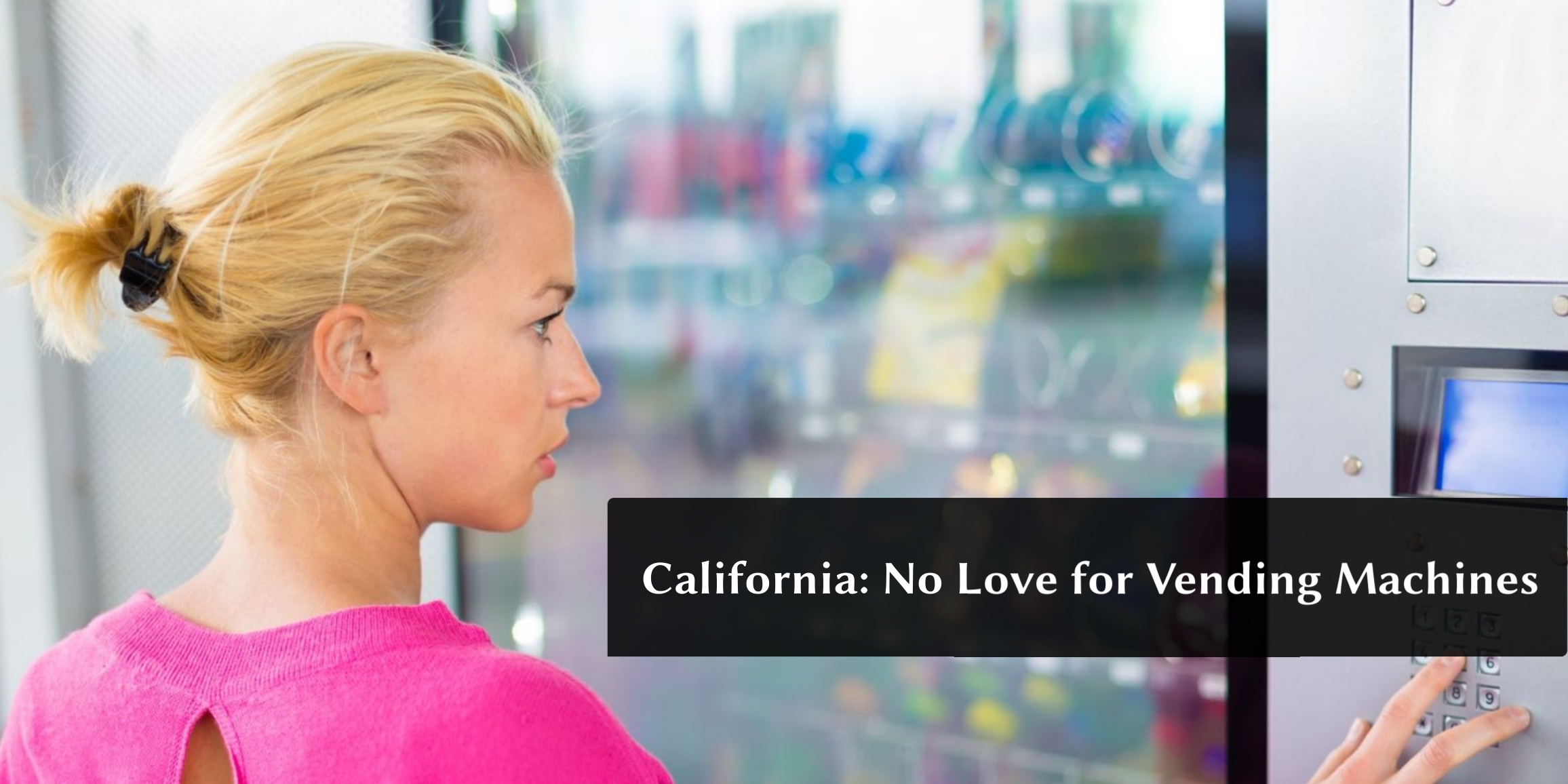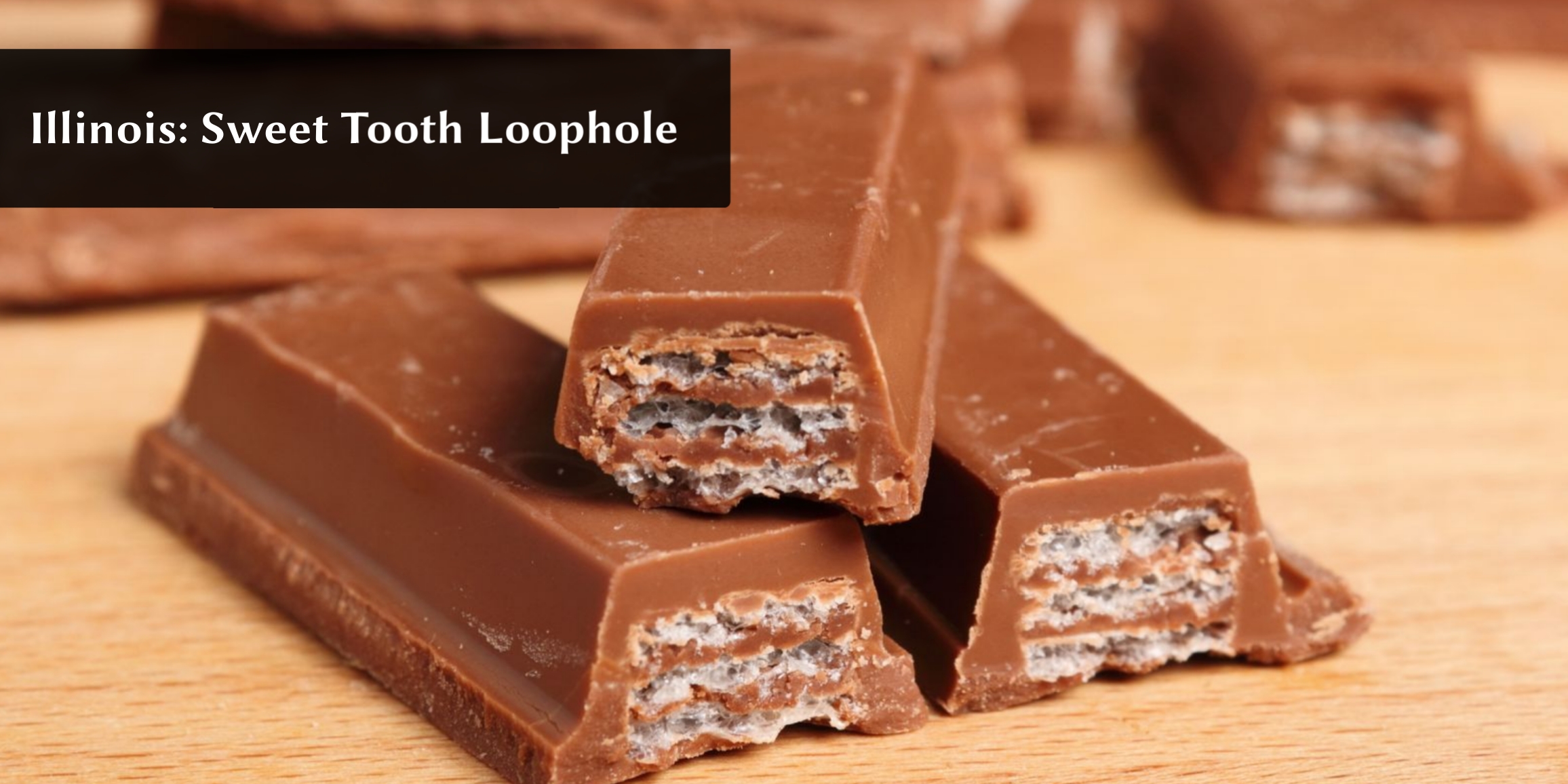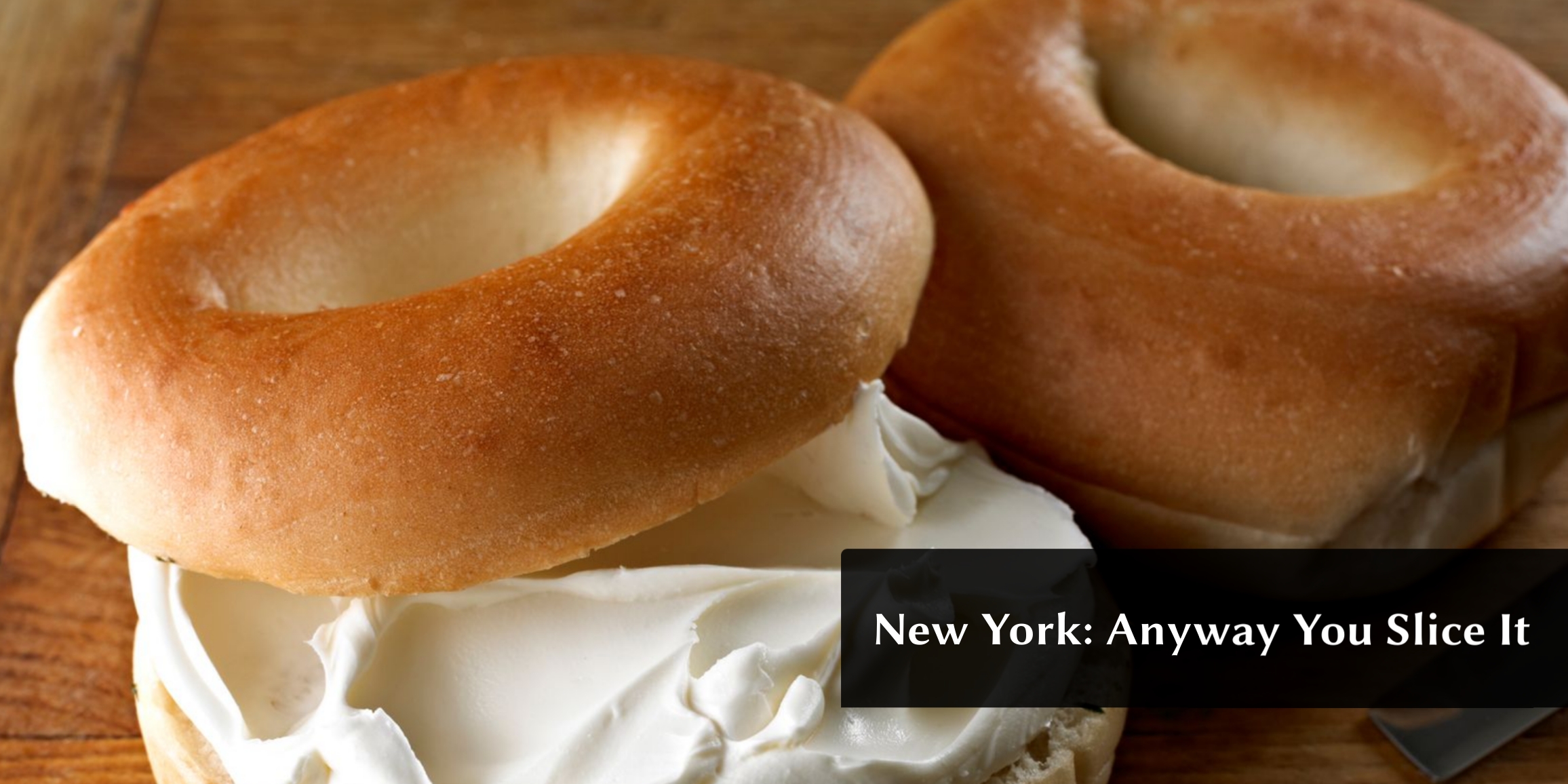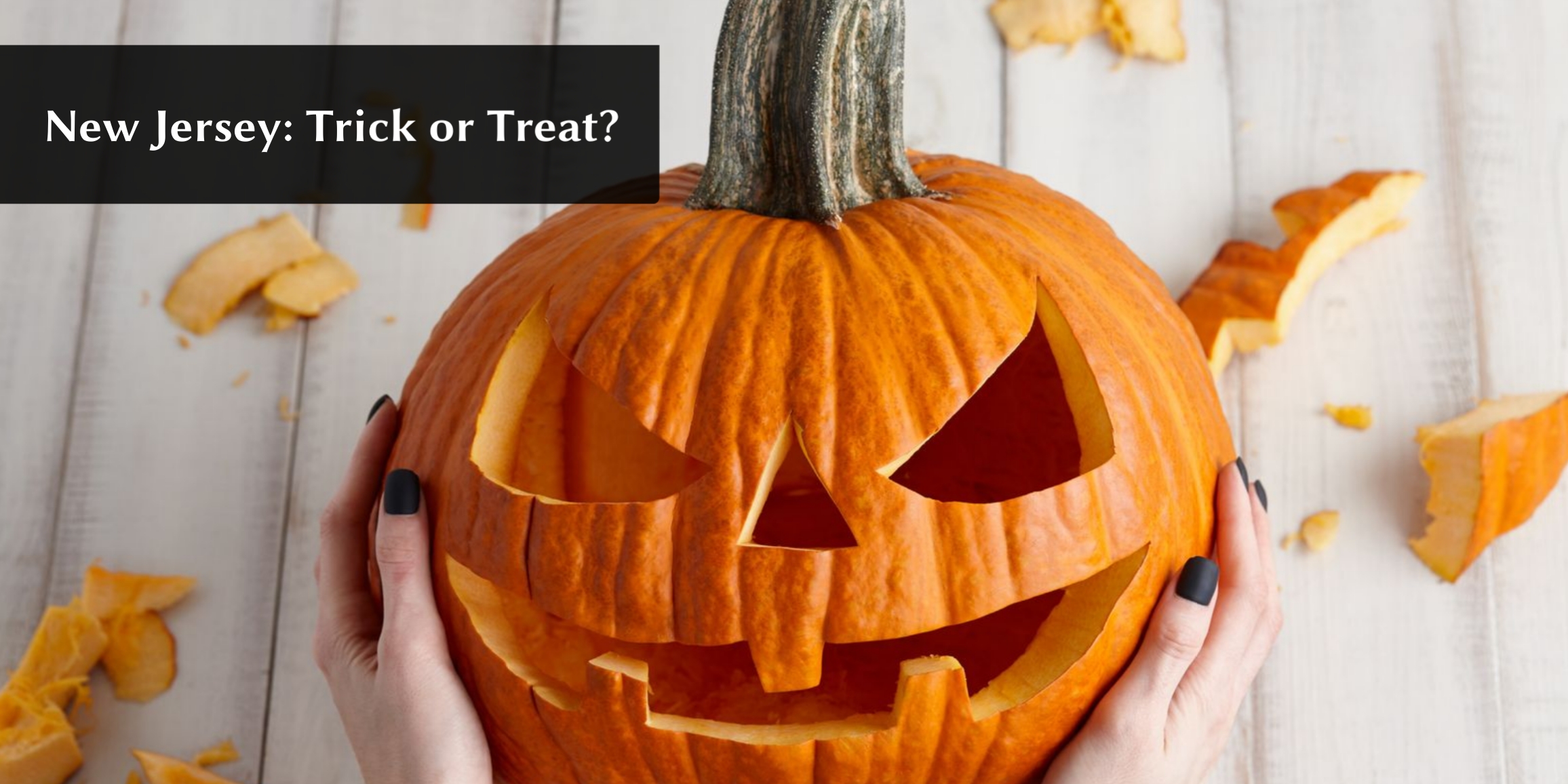Weird Tax Laws: The Strange Seven
Tax code is very complicated. And, in some cases, very strange. Most weird tax laws were created by lawmakers to help increase revenue streams or deter people from engaging in certain activities. For example, the bachelor tax targeted single men and was very popular during the early 1900s in the United States. Missouri still has one on the books that charges $1 a year to single guys between the ages of 21 and 50, but it’s not really enforced. To help pay for repairs after the flood of 1936, the city of Johnstown (PA) initiated an 18% sales tax on alcohol. Although the city finished work six years later, the tax remains to this day. To discourage frivolous lawsuits, Tennessee taxes all litigation, even if someone is simply trying to dispute a parking ticket. This list could literally go on and on.
Want more? Check out this short list of seven states with weird tax laws and tax deductions that are still in existence.

1. California
California is known for its healthy eating habits. If you want to grab a banana or an apple from a vending machine, however, it’s going to cost you. The state imposes a 33% sales tax on cold food items and individual hot drinks sold through vending machines – even if it’s a healthy option. Take our advice and grab your produce from the local farmers’ market instead.

2. Hawaii
Hawaii is one of the most beautiful states in our nation, and arguably the world. It should come as no surprise that it not only encourages people to protect Mother Nature, but also rewards those who have a fondness for exceptional trees. Residents can receive a $3,000 tax deduction per tree every three years to help cover maintenance costs. We’re going to go out on a limb and say that’s plenty of incentive to get people to start hugging trees!

3. Illinois
The state of Illinois imposes a 6.25% general merchandise tax rate on candy, which they define as “a preparation of sugar, honey, or other natural or artificial sweeteners, in combination with chocolate, fruits, nuts, or other ingredients or flavorings in the form of bars, drops, or pieces.” Thanks to a sweet loophole, any that contain flour (or must be refrigerated) are technically not candy and only taxed at one percent.

4. New Mexico
Anyone who lives to be 100 has definitely paid their share of taxes. Maybe that’s why New Mexico gives every centenarian a free pass on state income taxes for the remainder of their lives once they hit this milestone. There are a few conditions that must be met, such as being physically present in the state for at least six months and a resident on the last day of the year. Those who may be claimed as dependent on someone else’s tax return, however, aren’t eligible. Married centenarians may also run into a few complications if their spouse is under 100 and they need to file a return.

5. Texas
Do you know the difference between deodorant and antiperspirant? Well, if you live in Texas, choosing one over the other can cost you. That’s because the Lone Star State only taxes deodorant purchases. Antiperspirant is exempt. Look for the “Drugs Facts” label if you want to smell good without paying the extra money. BTW – Texas has a few other weird tax laws, like their belt buckle and strip club taxes (also known as a pole tax).

6. New York
How do you prefer to eat your bagel? If you’re visiting a New York bakery or deli, any way you slice it will cost you an extra 8.875% in sales tax – even if it’s not being eaten on the premises. To avoid paying the sales tax, keep your bagels from going under the knife because whole bagels are tax exempt.

7. New Jersey
Pumpkins and fall go hand-in-hand. Whether it’s Jack-o’-lanterns for Halloween or a yummy pumpkin pie for Thanksgiving. If you live in New Jersey, however, the purpose of your pumpkin purchase (trying say that three times in a row!) plays a very important role. Pumpkins bought for consumption are tax-exempt, while those purchased for decoration are subject to 6.625% sales tax. So, does that mean the headless horseman pays tax on his noggin?
Do you need help with your taxes? MoneySolver’s tax division – Tax Defense Network – has multiple locations in California, Texas, Florida, and more. Find a location near you today!
